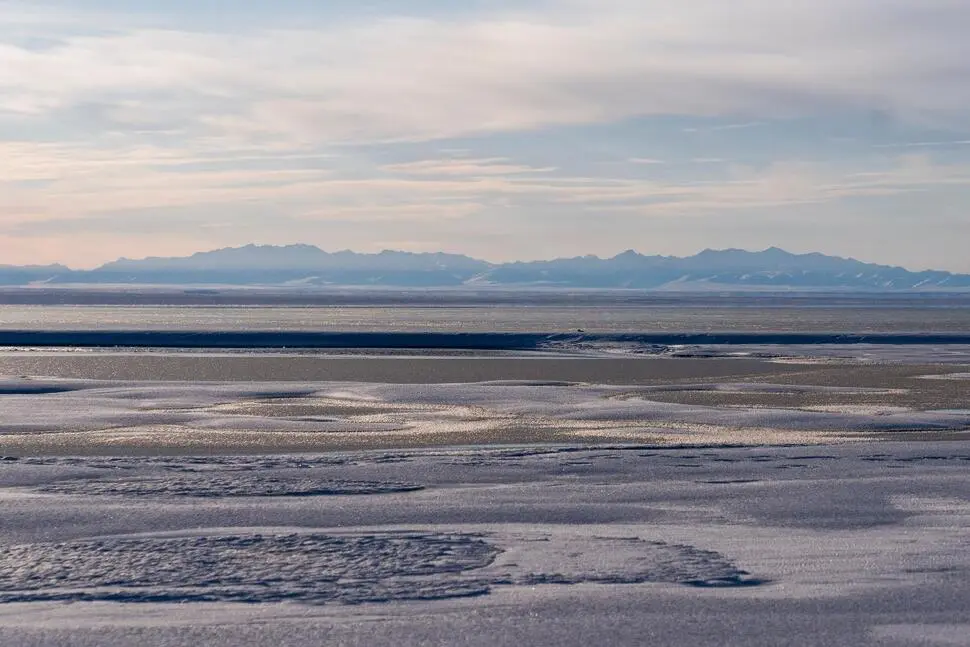JUNEAU, Alaska (AP) — On Wednesday, the U.S. Department of the Interior announced that no bids were submitted for this week’s oil and gas lease sale in Alaska’s Arctic National Wildlife Refuge. This sale has been challenged by the state, which argues that it is overly restrictive and conflicts with a 2017 law aimed at opening the refuge’s vast coastal plain to exploration and development.
Monday marked the deadline for companies to submit bids, according to the agency.
Interior Acting Deputy Secretary Laura Daniel-Davis commented that the lack of interest from oil companies in leasing land within the refuge’s coastal plain “reflects what we and they have known all along – some places are too special and sacred to risk with oil and gas drilling.”
“The oil and gas industry holds millions of acres of undeveloped leases elsewhere; we suggest that this is a more sensible place to focus efforts rather than engage in speculative leasing in one of the world’s most remarkable places,” she stated.
However, this may not be the final word. This week, the state filed a lawsuit against the Interior Department and federal officials over the lease sale, claiming the terms were overly restrictive. The state is also seeking to overturn the environmental review that underpinned the sale. Legal challenges from the first lease sale — conducted in the final days of the Trump administration in early 2021 — are still ongoing.
A 2017 law, emphasized by President-elect Donald Trump, mandated two lease sales in the refuge’s coastal plain by late 2024. In the first sale, major oil companies abstained, and the main bidder was a state corporation. One of President Joe Biden’s early actions as president was to order a review of the leasing program, ultimately canceling seven of the remaining leases. Smaller companies had already abandoned two other leases from the initial sale.
The U.S. Bureau of Land Management, part of the Interior Department, stated that it offered 400,000 acres (162,000 hectares) for lease in the second, smaller sale, meeting the minimum acreage required by the 2017 law. The agency assured that its proposal avoided critical polar bear denning and caribou calving areas and aimed for minimal surface disturbance.
Gwich’in community leaders near the refuge consider the coastal plain sacred, citing its vital role for the caribou herd they depend on, and strongly oppose drilling. On the other hand, the Iñupiaq community of Kaktovik, located within the refuge, supports drilling, seeing responsible oil development as crucial for the economic prosperity of the region.
Supporters of drilling, including state political leaders, remain hopeful that Trump will push for oil exploration in the refuge, seeing potential for job creation, increased revenue, and boosted U.S. oil production. Although the Bureau of Land Management estimates the coastal plain could contain between 4.25 billion and 11.8 billion barrels of recoverable oil, there is limited data on the quantity and quality of oil. Environmentalists argue that the oil companies’ lack of interest should be telling.
“They seem to recognize that drilling in this remote landscape is too risky, too complicated, and fundamentally wrong,” said Erik Grafe, an attorney with Earthjustice. “The incoming Trump administration still hasn’t gotten the message and is determined to continue trying to sell the refuge for oil. We’ll continue using the law to protect this treasured place, as we have for decades.”
